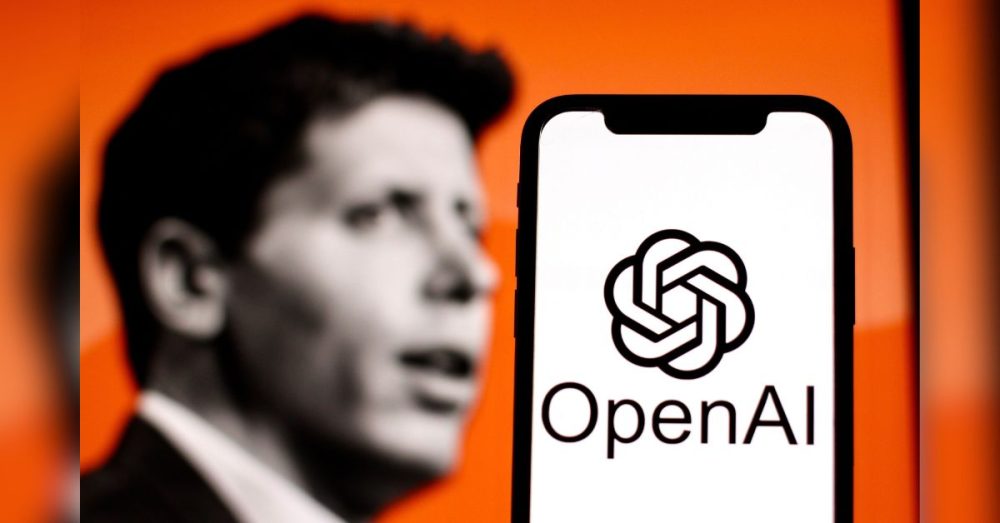Artificial intelligence has changed everything.
From personalizing our shopping experiences to making it possible for smart homes to automatically adjust settings to helping put an end to tears shed over homework by children around the world, AI touches all of our lives on a daily basis.
Despite its initial release in 2018, OpenAI’s GPT only really took off when a chatbot, Chat-GPT, was added to it in November 2022. In fact, the brain behind Chat GPT was already on version 3.5 by then.
Only a year after Chat-GPT’s release, a survey found that 54% of companies were using generative AI to automate tasks. A 2024 global survey found that the number had jumped to 65%.
OpenAI is expected to release the latest iteration of the brain behind the bot, GPT -5, in the coming months.
Business Insider reports on what customers and developers are expecting in the latest version of the granddaddy of AI software. Here’s the start of the story:
The AI arms race continues apace, with OpenAI competing against Anthropic, Meta, and a reinvigorated Google to create the biggest, baddest model. OpenAI set the tone with the release of GPT-4, and competitors have scrambled to catch up, with some coming pretty close.
There’s a new variable in this fight, a looming storm that could wash away the competition or turn out to be a whole lot of nothing, and that’s GPT-5.
OpenAI has been hard at work on its latest model, hoping it’ll represent the kind of step-change paradigm shift that captured the popular imagination with the release of ChatGPT back in 2022.
“If OpenAI can deliver technology that matches its ambitious vision for what AI can be, it will be transformative for its own prospects, but also the economy more broadly,” Hamish Low and other analysts at Enders Analysis wrote in a recent research note. “Falling short could be fatal.”
The stakes are high for OpenAI, which is facing off against a growing list of wealthy, big-spending rivals. The analysts added that staying at the cutting edge of AI was key to the startup justifying itself to the big tech backers on which it depended.


